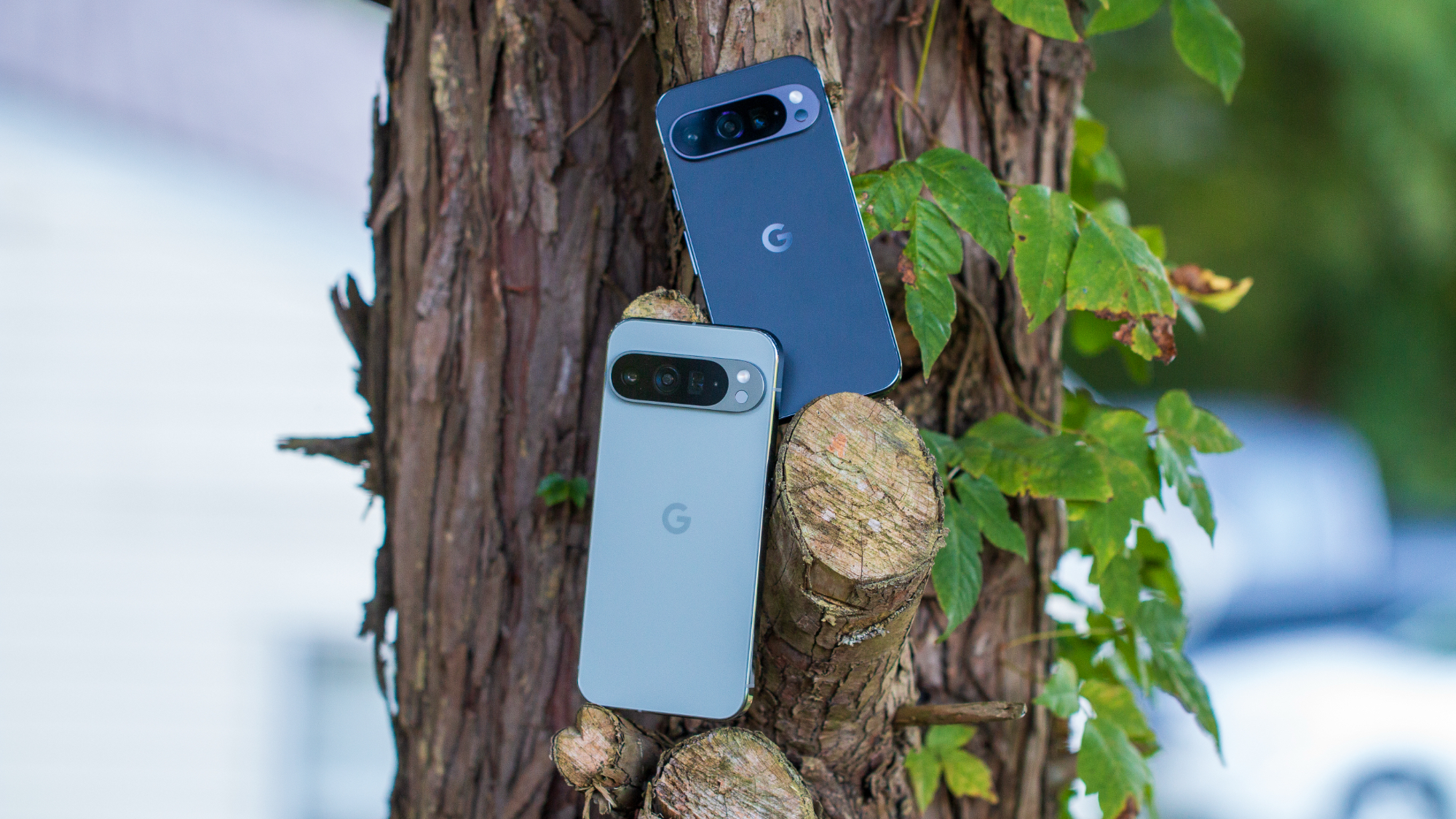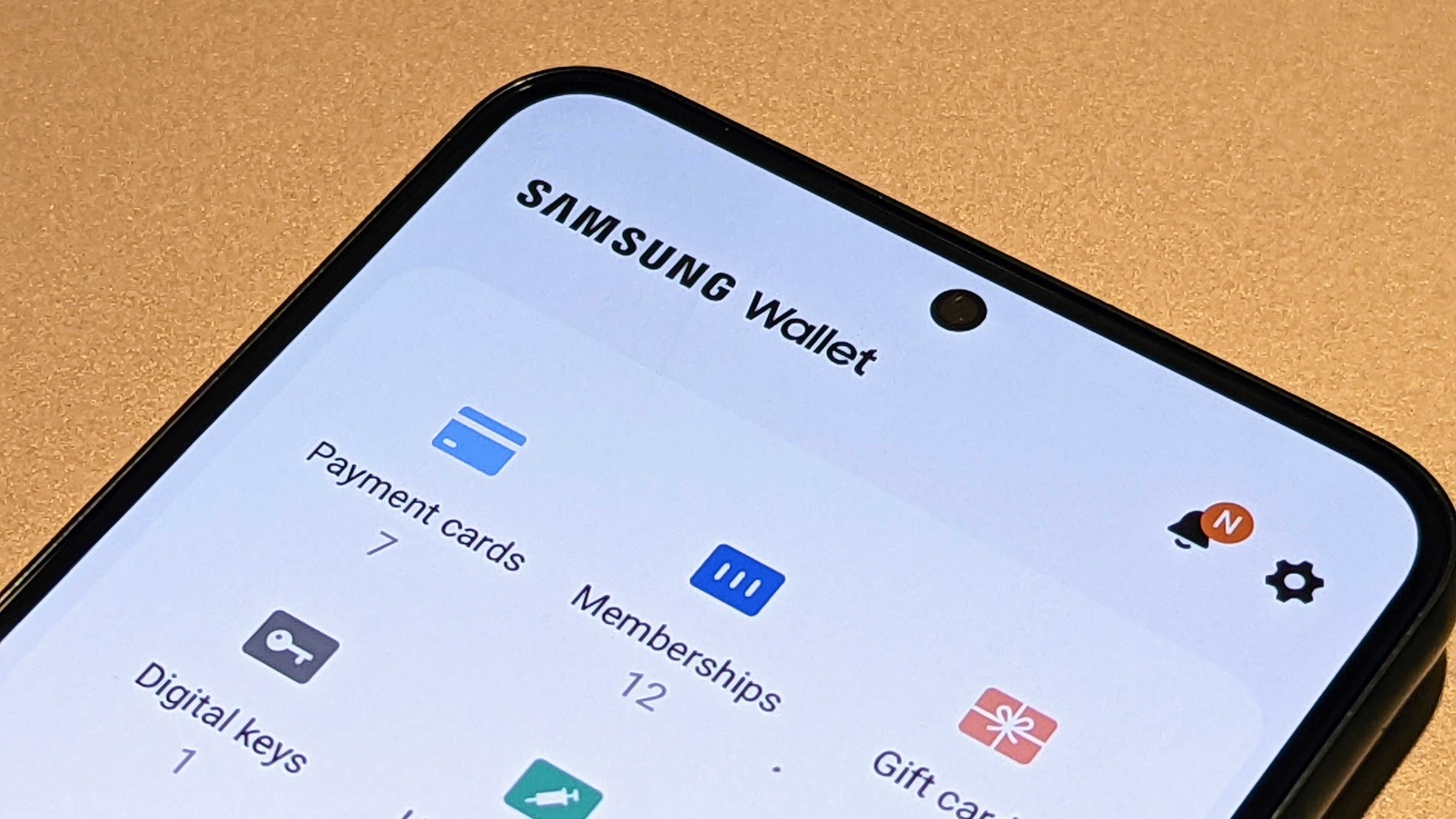A MediaTek modem could make or break the Pixel 10 — Google can’t screw this up
Putting the reliability and performance of a modem in jeopardy to save a few bucks is a bad idea.

Before the Google Pixel 9 series was officially revealed, I was already looking ahead to the Pixel 10. That’s because the Pixel 10 is expected to gain a major performance boost since the Tensor G5 chip is expected to be fabricated using TSMC’s 3nm process. To my surprise, Google managed to ship a quite compelling product in the Pixel 9. Regardless, the Pixel 10 is still something to be excited about — even with this new wild card.
There’s a part of your smartphone that is absolutely crucial to how you use it to connect with others, access your favorite apps and sites, and more. It’s also one you probably don’t think about often: the modem. According to Android Authority, Google is reportedly exploring a switch from Samsung modems to a MediaTek modem on the Pixel 10, and it could have significant implications.
High-speed, reliable 5G modems are hard to come by, and only a few companies in the world can make them. Qualcomm dominated the space for years and still dominates to an extent. However, due to cost and other reasons, smartphone manufacturers have been trying to move away from Qualcomm modems.
That leaves Samsung and MediaTek as the only other companies with the capabilities of producing a modern 5G modem. That is, unless it wanted to make its own. Apple is an example of how difficult it is to take that path to building a new modem. It got a head start by purchasing Intel’s mobile modem business in 2019, and five years later, it is still trying to build one reliable and competitive enough to best the Qualcomm ones it uses in the iPhone 16 series.
That’s why it isn’t all that surprising that Google probably won’t make a modem in-house. Developing a custom system-on-a-chip, like Google’s Tensor series, is a different thing entirely. Modems can make or break the smartphone experience, and every switch carries the risk of potential disaster.

For years, Google has used Samsung modems in Pixel phones. The move correlated with the shift to Google’s in-house Tensor processor, which is fabricated by Samsung. The idea is simple — it’s easy to use an Exynos modem with an Exynos chip. The newest Google Pixel 9, Pixel 9 Pro, Pixel 9 Pro XL, and Pixel 9 Pro Fold all use Exynos modems to this day, likely for that reason.
However, all signs point to the next Tensor G5 chip being fabricated by a company other than Samsung. In fact, it’s nearly a lock that the Tensor G5 will be produced using TSMC’s advanced 3nm process node. Back in July, Google reportedly gave the green light to manufacture the Tensor G5 on TSMC’s 3nm process. If easy integration and cost were reasons for Google using Samsung modems, they wouldn’t be applicable to future Pixels now that Google is moving away from using Samsung Foundry for Tensor chipmaking.
Be an expert in 5 minutes
Get the latest news from Android Central, your trusted companion in the world of Android
That means Google is poised to make a switch, and its choice will be an interesting one. After all, only a handful of brands use external modems. Qualcomm integrates its modems with its systems-on-a-chip, so any phone using a Snapdragon 8 Elite processor will also feature a Qualcomm modem. So, Google could purchase an external modem from either Samsung, Qualcomm, or MediaTek to pair with its Tensor G5 chip.
Google reportedly settled on MediaTek, specifically on using an unannounced MediaTek T900 modem in the Pixel 10 series. Per the report, it considered a few options, including Qualcomm’s X75 modem, in its upcoming phones. It’s unclear what led Google to decide on MediaTek modems, but efficiency and cost are presumably two large factors. The tight integration between Samsung’s 5G modems and Google’s Tensor processors can be partially attributed to the excellent efficiency and battery life offered by Pixel phones.

It’s impossible to say how the MediaTek T900 modem will perform compared to the top options from Samsung and Qualcomm, considering it’s not even available yet. Additionally, since MediaTek, Samsung, and Qualcomm all integrate their in-house modems with their SoCs, there isn’t a lot of data covering how they’d perform as external modems.
With that caveat in mind, there’s still an adage that I think applies in this case: if it ain’t broke, don’t fit it. Google has found a great balance between 5G performance and efficiency with its current Samsung Exynos modems, and disrupting that carries a huge risk. Of course, it was probably inevitable since Google would disrupt the easy integration of Samsung-produced chips and modems when it moved to TSMC on the Tensor G5.
In that case, why not shoot for the best and use Qualcomm modems? The Qualcomm X75 is still clearly the industry standard for 5G modem technology, and it’s found inside the iPhone 16 series. Crucially, the X75 achieved the world record for the fastest 5G downlink. It’s an absolutely fantastic modem that’s reliable, and it beats anything that MediaTek, Samsung, and Apple currently have the ability to make.
I'll reiterate that while the reasons behind the MediaTek move will probably never be known, it’s likely that cost is a driving factor. In that case, I’m disappointed. Pixel phones are not exactly cheap anymore, and going for the best 5G modem available would’ve given Google even more credibility as a manufacturer of some of the best Android phones.
Instead, it appears that Google went the cheap route. Only time will tell whether that was the right or wrong decision. The modem is a part of your phone you hope you don’t have to think about. If this move works out in Google’s favor, no one will talk about the new modem on the Pixel 10.
However, it’s a move Google can’t afford to get wrong. It could completely undermine the real progress it’ll make with Tensor G5 on the Pixel 10.

Brady is a tech journalist for Android Central, with a focus on news, phones, tablets, audio, wearables, and software. He has spent the last three years reporting and commenting on all things related to consumer technology for various publications. Brady graduated from St. John's University with a bachelor's degree in journalism. His work has been published in XDA, Android Police, Tech Advisor, iMore, Screen Rant, and Android Headlines. When he isn't experimenting with the latest tech, you can find Brady running or watching Big East basketball.
You must confirm your public display name before commenting
Please logout and then login again, you will then be prompted to enter your display name.
